This is how often you should replace your towels, according to experts
Pay extra attention to this everyday bathroom essential

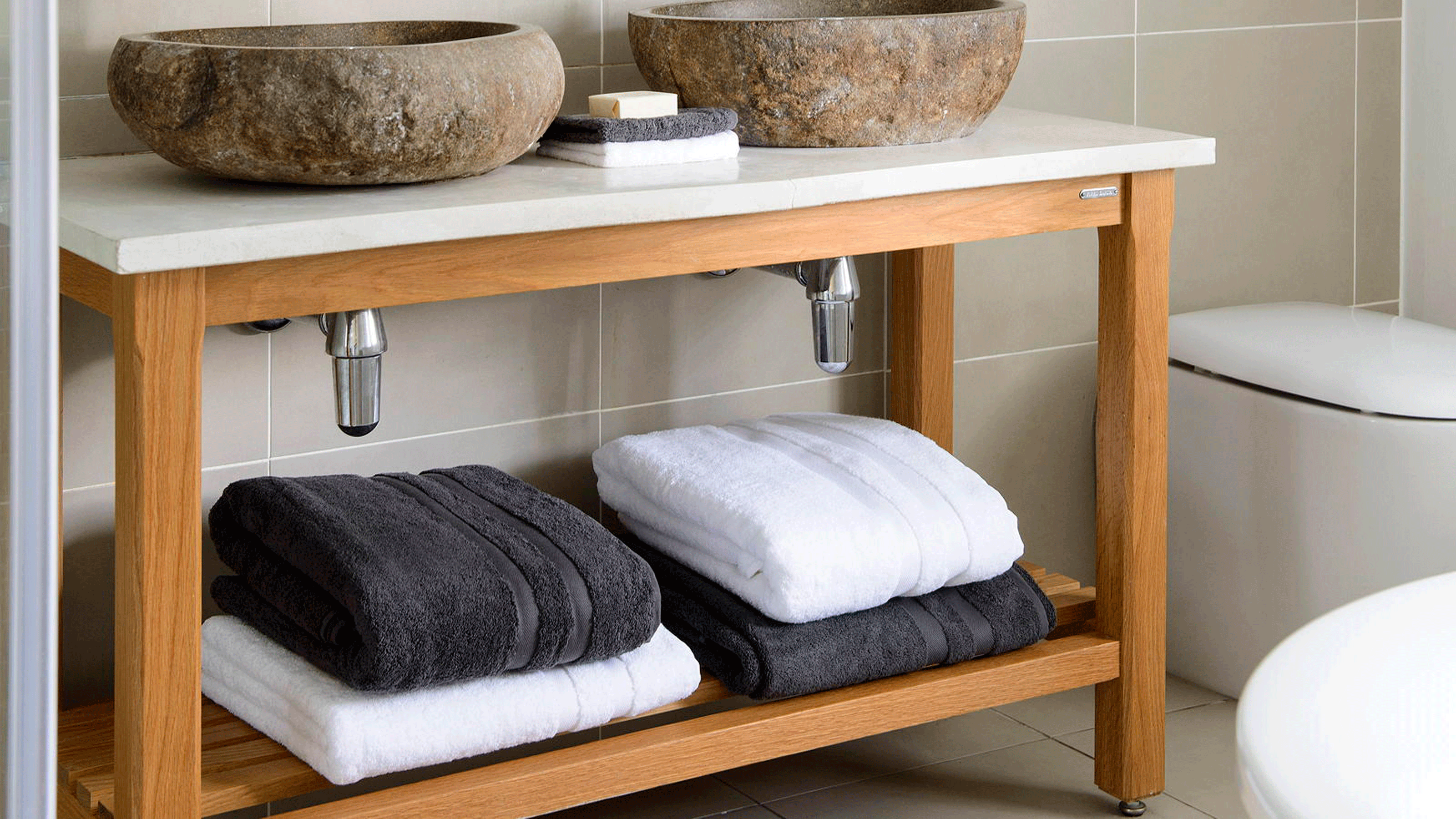
Sign up to our newsletter for style inspiration, real homes, project and garden advice and shopping know-how
You are now subscribed
Your newsletter sign-up was successful
Are you replacing this everyday bathroom essential as often as you should? Experts reveal how often you should be replacing your towel.
Even if we opt to buy the best bath towels, given the constant wear and tear they undergo as we use them essentially every single day, there'll come a time when looking at a replacement is necessary. And we're not talking about how often you can reuse a towel, but rather how long before you should buy a new one altogether.
We've asked the experts to weigh in, as well as what to do with old towels, and here's what they said.
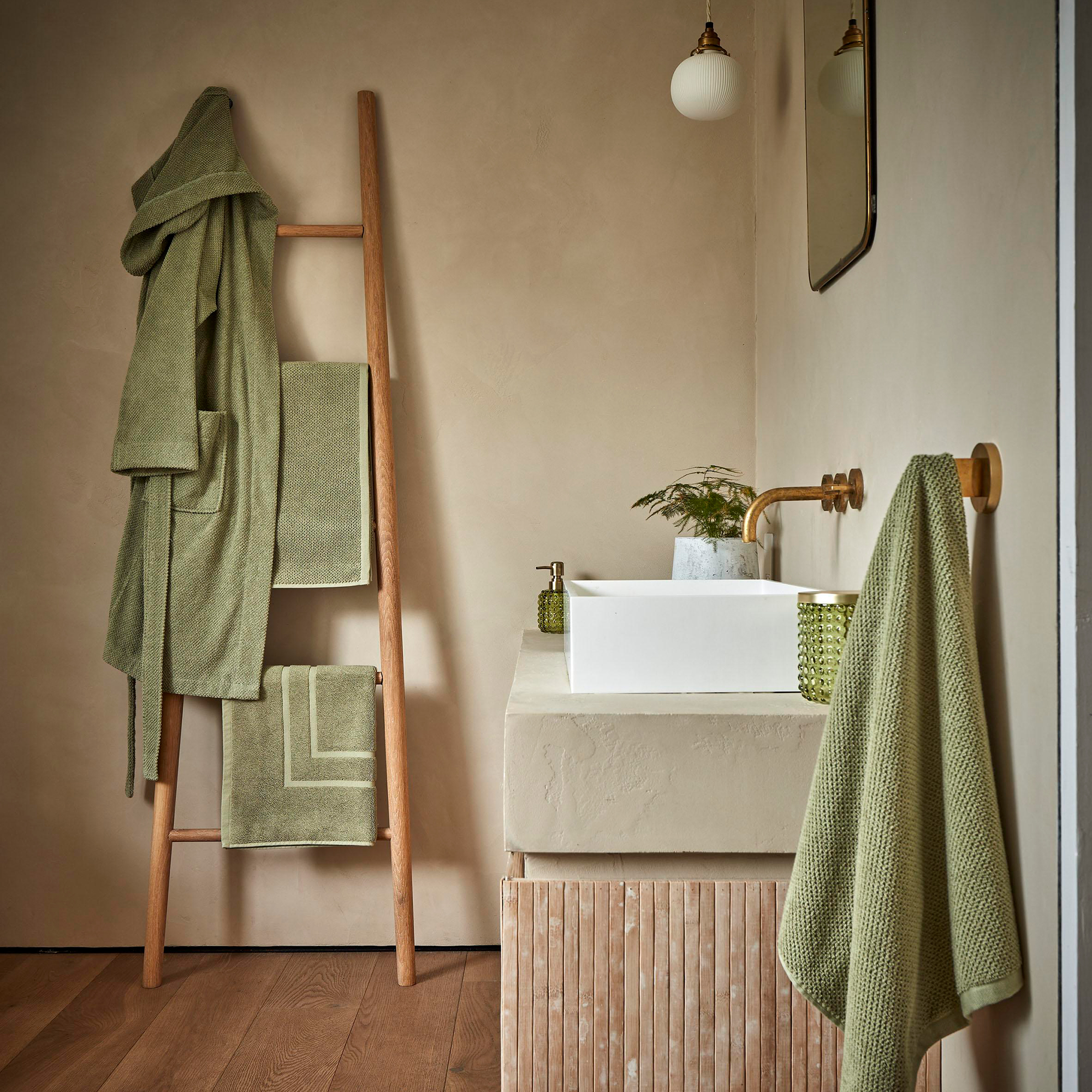
How often you should replace towels
While washing your towels regularly is a beneficial task, they sadly won’t last forever. Ideally, towels should be replaced every two to three years, according to Sally Evans, marketing executive at Vantona.
Lily Cameron, cleaning supervisor at Fantastic Services recommends keeping a towel for five years maximum, but even that might be pushing it.
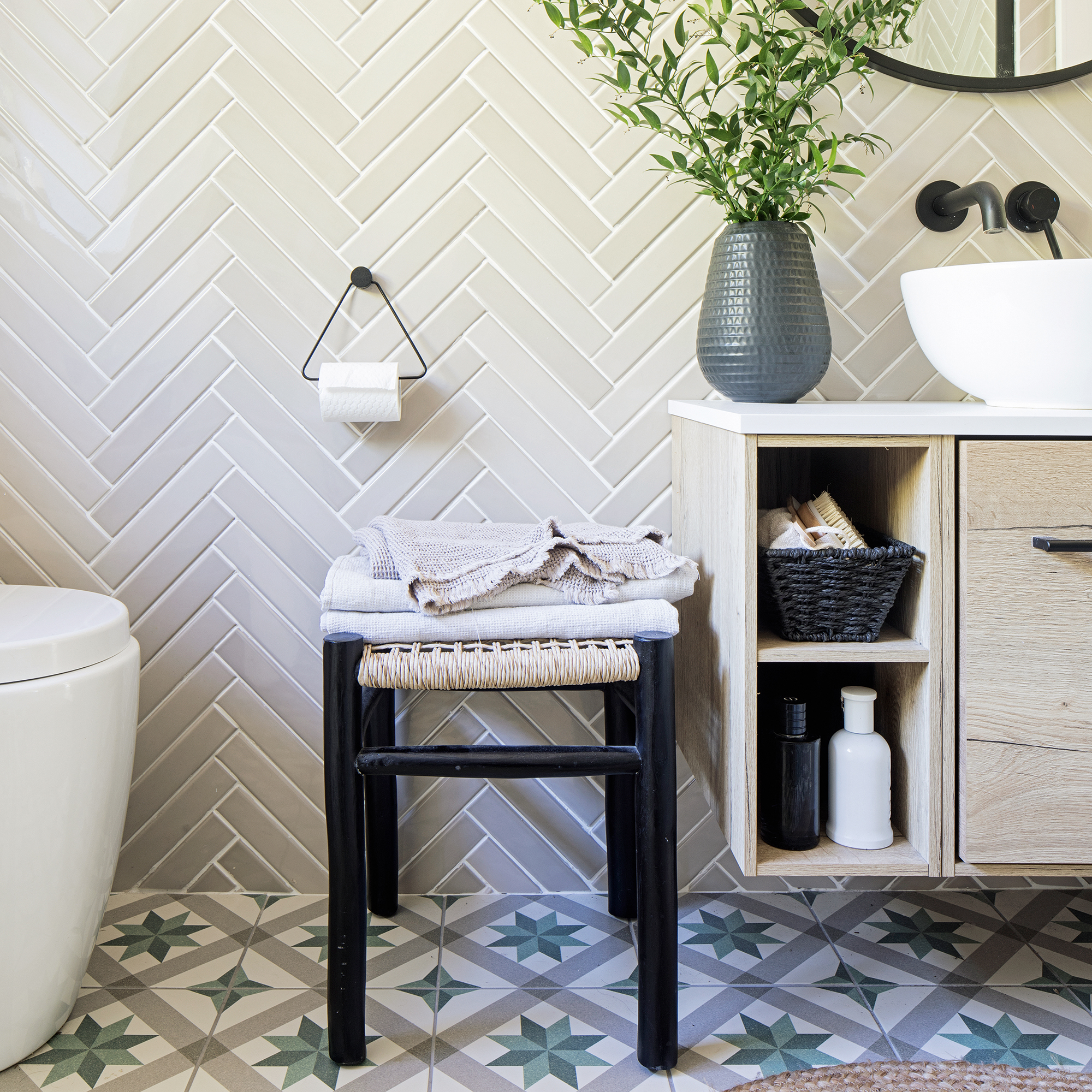
The main reason towels should be replaced is for hygienic reasons. Nic Shacklock at Online Bedrooms adds, 'If you notice a bit of a damp smell lingering in your towels after they’ve been washed then there may be some trapped bacteria within it.' At this point, even using the Ecover laundry bleach hack won't be enough to save your towels.
And after hygienic reasons come general wear and tear, as this actually factors into the effectiveness of their absorbency. 'Over time the towel fibres will break down, fray and tear which means it won’t work as well as it used to.'
Sign up to our newsletter for style inspiration, real homes, project and garden advice and shopping know-how
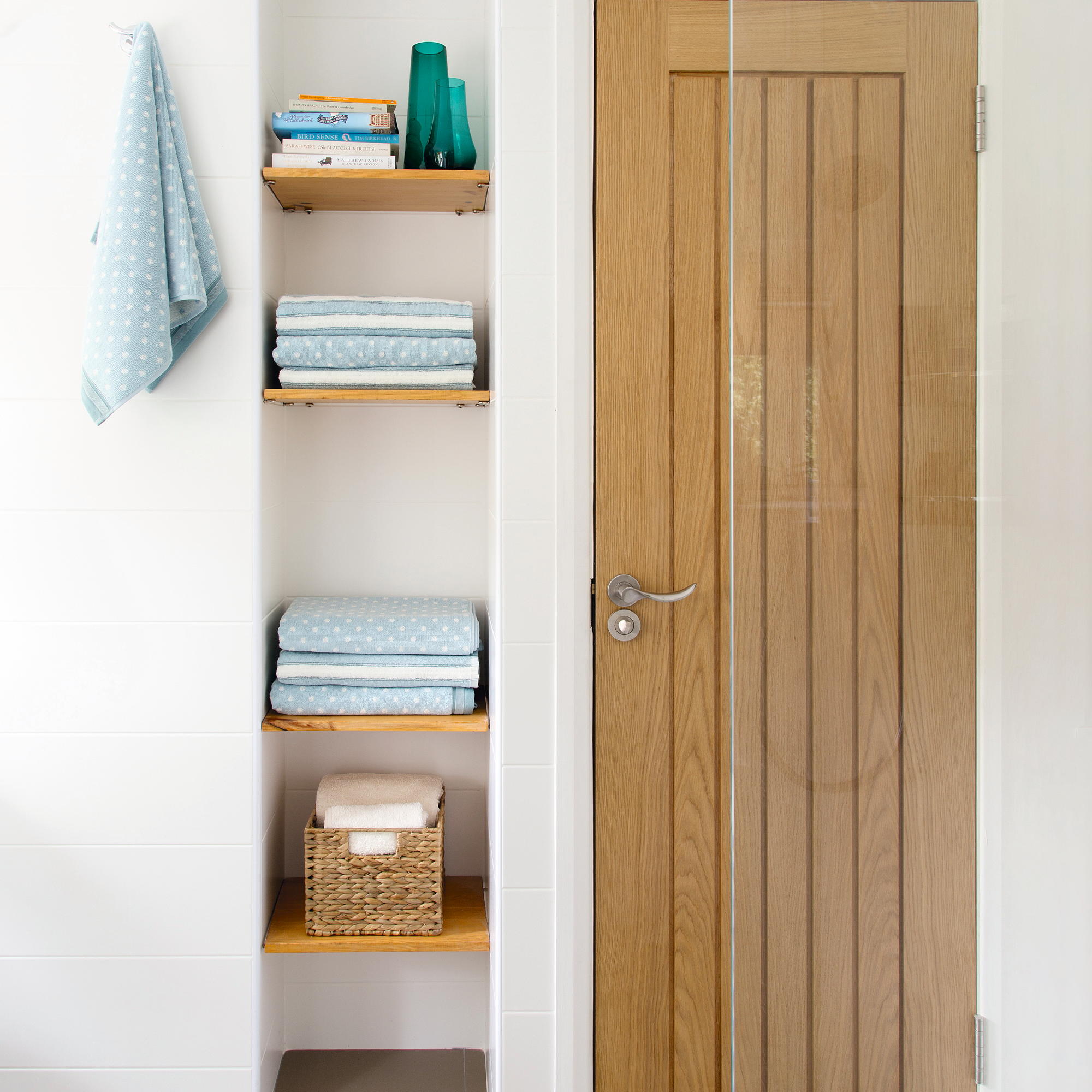
In summary, 'if you notice your towel is no longer drying as well as it used to, becoming rough to the touch, or not really cleaning properly,' then Emily and Jonathon Atwood, founders of scooms, say it's time to replace it.
How to extend the lifespan of your towels
Despite this, there are some things you can do to prolong their shelf life.
'Investing in high-quality towels made from materials like zero-twist cotton or bamboo can help extend their lifespan, but taking proper care of them is also crucial,' advises Rhiannon Johns, trained interior designer and head of brand at Piglet in Bed.
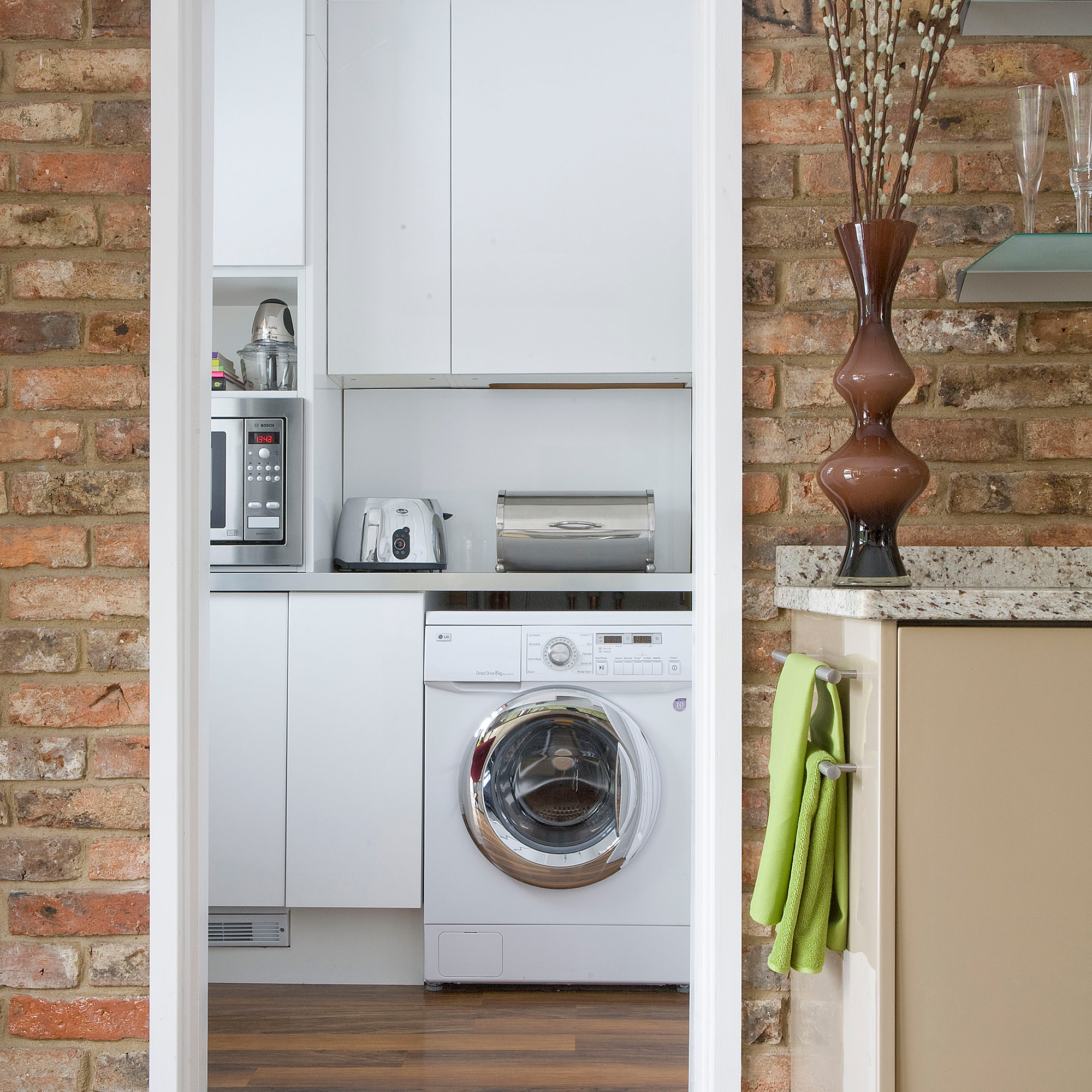
'To start, it’s a good idea to wash and dry your towels before using them for the first time. This will remove any finishing softeners that may be lingering on the towel, which can hinder their absorbency. When washing your towels, use a mild detergent and machine wash them at 40 degrees celsius.'
'Avoid using fabric softeners, which can reduce the absorbency of your towels, and bleach, which can cause discolouration. Finally, always store your towels in a dry location to keep them fluffy and fresh.'
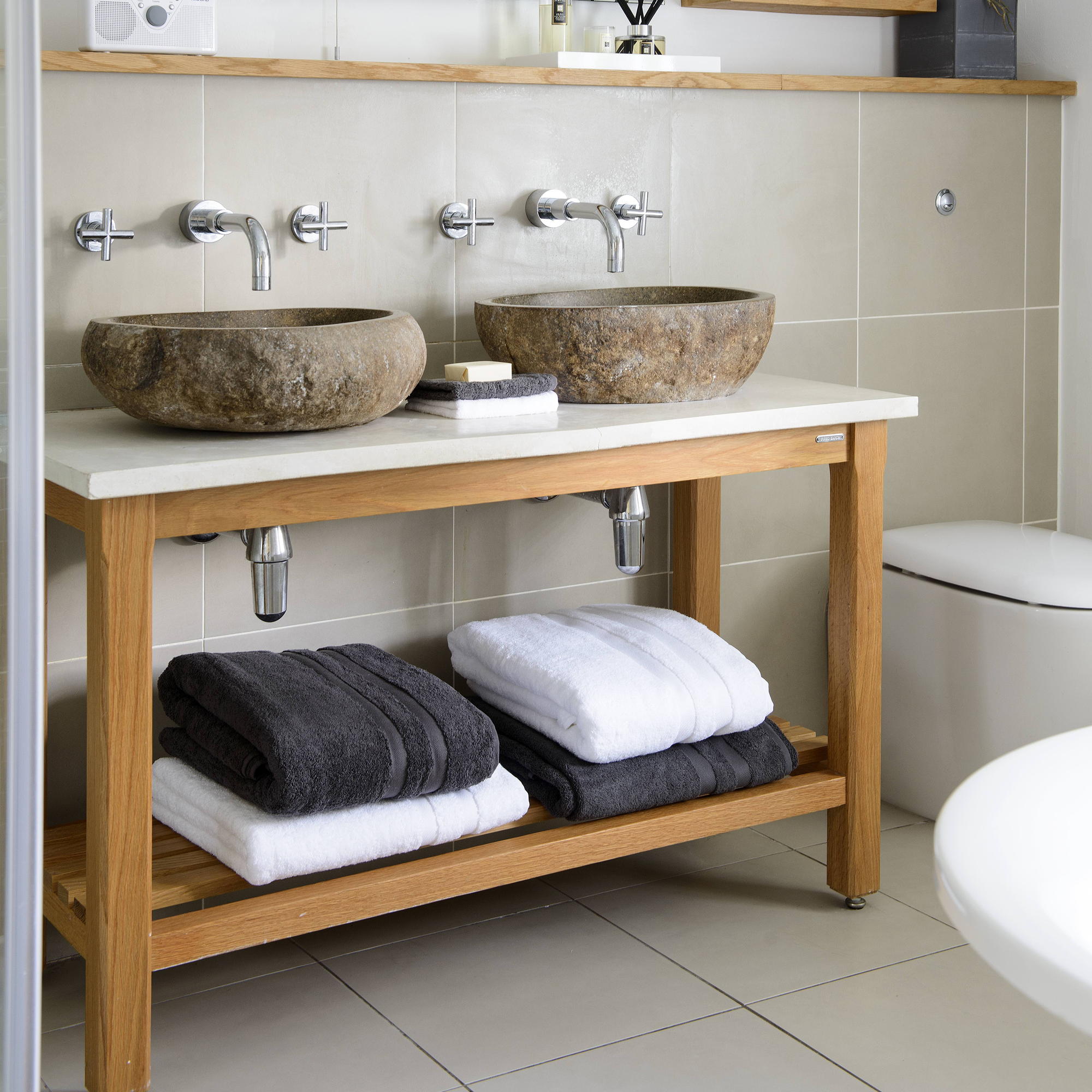
What to do with your old towels
Lucy Ackroyd, head of design at Christy, inventors of the towel as we know it today assures us that old towels can be useful, for example, if you dye your hair at home or need to dry a mucky pet.
They're also a gem if you want to repurpose them as cleaning or dish rags by cutting them into your desired shape or size, donate them to a local animal shelter or charity shop, use them as padding when moving, DIY bath mats, or even as insulation on your doors or windows.
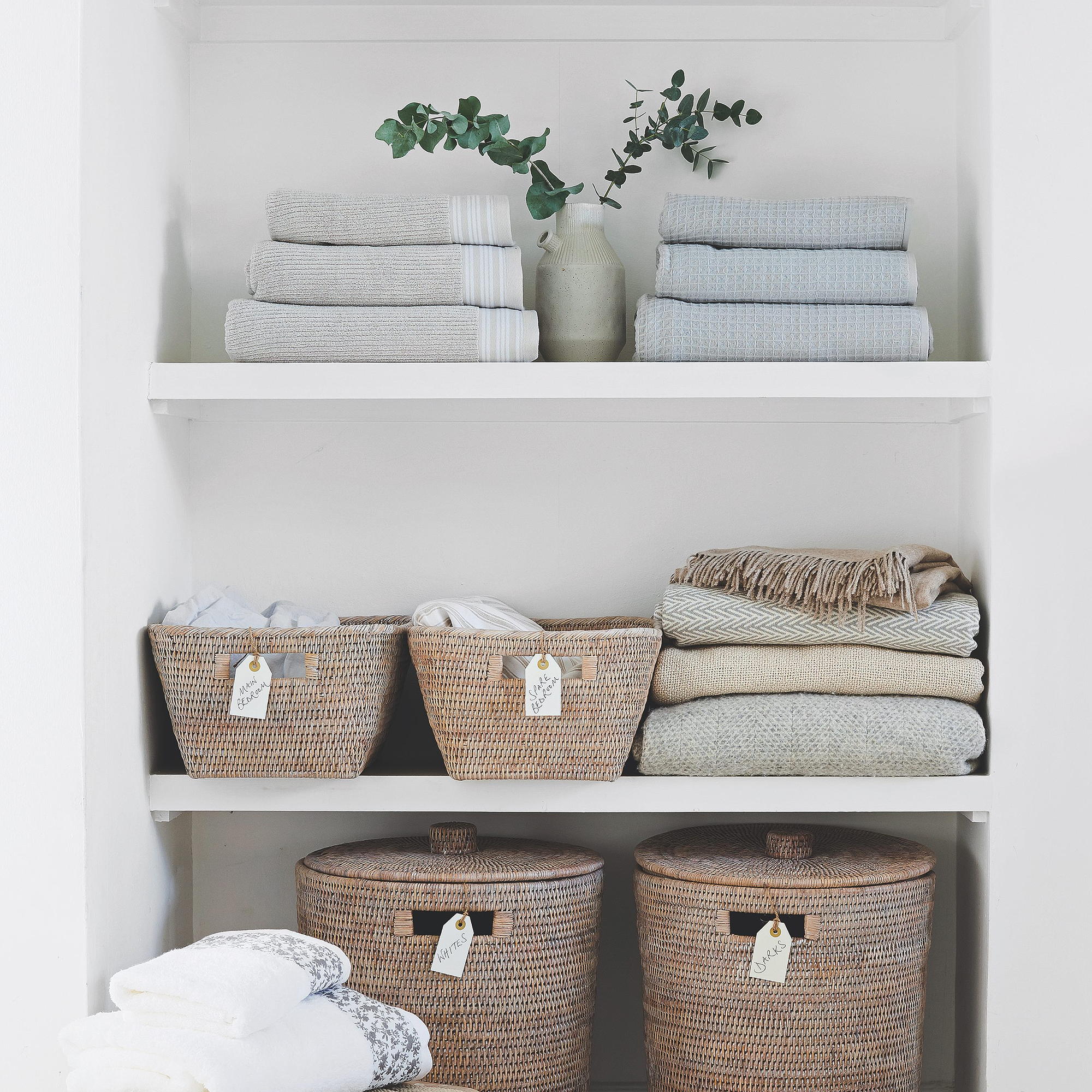
The possibilities are pretty vast. So, given this information – do you have some old, rough towels you realise now that you ought to tend to and replace?

Jullia was Ideal Home’s Junior Writer from 2022-2024 and the Ideal Home Certified Expert in Training on Vacuums having spent over 60 hours testing different models. She’s always loved all things homes and interiors, graduating with a bachelor’s degree in Architectural Studies from the University of Nottingham where her love for writing blossomed following her internship at ArchDaily. Now focused on home tech and cleaning, Jullia works on writing features and explainers to help people make the most of their home appliance investments, putting the newest launches through their paces. When she isn’t writing, she loves exploring the city, coffee shop hopping, and losing hours to a cosy game or book.